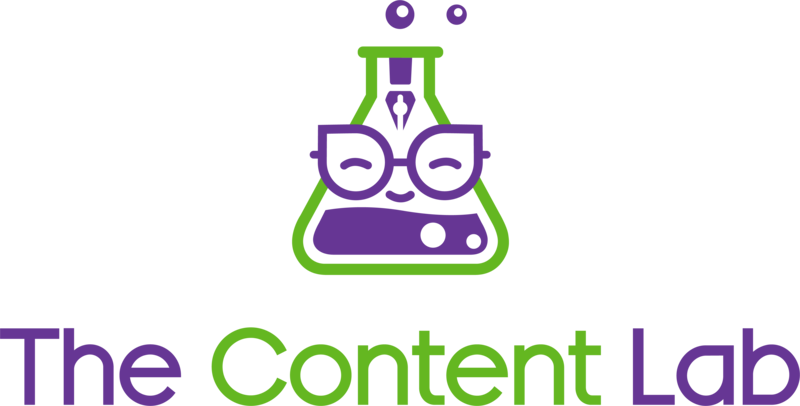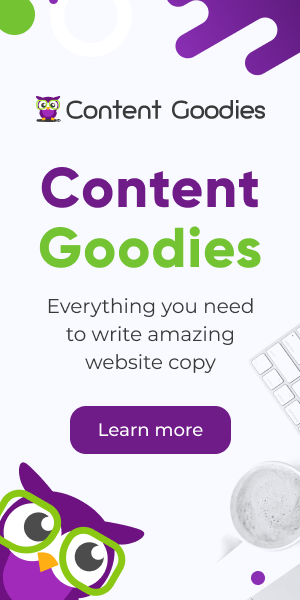Like any form of writing, content writing suffers from bad habits and underperformance.
Overused idioms abound, and they do not elevate your content writing. They’re easy but too general. Accepted, but meaningless. If I were in a foul mood, I might even call them lazy.
Your content writing can be better.
Content writing has a goal – usually selling but also educating with the intent of converting leads to sales – and the tired phrases we’ll discuss below do not serve those goals. They don’t move anyone through a sales cycle, and they certainly don’t educate or enlighten the reader.
Content writing should punch through the mundane. It doesn’t have to be forceful or aggressive, but it should be impactful.
It should acknowledge pain points but also offer hope for resolving them. It should feel dynamic, moving the reader past their pain points and towards a solution.
And the flow of good copywriting has to be smooth. Seamless. The reader shouldn’t even realise they’re being ushered from one point in the sales/lead gen cycle to the next.
Let’s explore how you can avoid tired, generic phrasing to write compelling copy that converts to sales.
Ho-hum home pages
There’s a lot of pressure associated with writing a home page, and copywriters may feel a bit wobbly about achieving a zinger of a headline that grabs the reader’s attention while simultaneously conveying everything great about the product/service.
The home page headline is like the hero image: sweeping, riveting, compelling. Novice copywriters respond by using sweeping phrases or broad terms when they should be doing the opposite.
The home page h1 should tell the reader precisely why this product/service is fantastic. While the home page isn’t the place for fine details, pricing, or specifications, it is definitely the place to offer hope that pain points will be addressed and incite the reader to action, even if that action is simply learning more about the product.

When writing home page copy, it helps to think like you’re writing the services pages. Service pages describe specific products created to address particular problems, so it’s easier to write targeted text.
Be specific in writing how your product helps the reader. Describe the exact problems they’re having and be clear about how your product solves them.
Your home page headline should be direct and delineated, and avoid the tempting generic phrase at all costs. Readers skim past those with all the interest of watching paint dry.
See what I did there? “Watching paint dry” is an accepted phrase for something that’s very boring.
But it’s so common that the phrase itself has become boring. I would have been better served by writing something like, “Readers skim past those with all the interest of browsing a golfing magazine.”
My apologies to any golf enthusiasts in the audience.
Product pages failures
On a product page, there’s a strong temptation to use rhetorical questions to connect with the reader by acknowledging their problems. You’ll often see phrases like:
- Do you feel {insert adverb here}?
- Are you tired of {insert annoying situation here}?
- Do you want to {insert positive outcome of using product here}?
Rhetorical questions suffer from the same fate as cliched phrases: because no answer is expected, viewers read them without any genuine interest or investment.
A better way to connect with your reader is to state their problems clearly in a way that shows you deeply understand them.
Then, talk about how your product or service addresses those problems. Show how you are a uniquely perfect solution for the frustrated reader. Demonstrate how much easier life will be by using your product or service.
And whatever you do, don’t explicitly say, “life will be easier when you use {this product/service}. Because saying “life will be easier” is too easy and too general. Be specific.
Reading customer testimonials is a great way to hone in on customer pain points and discover phrasing I might have overlooked.
When real customers share their honest, enthusiastic feedback about your product, you’re sure to find phrasing or word choice gems.

Tired content writing phrases to avoid
When you’re stuck for words, it’s tempting to use a generic phrase and hope the reader gets what you’re trying to say.
But in content writing, you can’t assume the reader understands anything. You have to be clear and exact.
What’s more, you have to be compelling, enticing the reader to keep reading, add a product to their basket, or schedule a discovery call.
The phrases below won’t compel any reader to action. They should be considered too tired and generic to appear in any of your content:
Just what you need/Everything you need
Stand out from the crowd
Go above and beyond
Hassle-free
Best in the biz
Bespoke
Some idioms or well-known phrases can be used effectively, but they must be used carefully, playfully, and skillfully.
Still struggling? Step away from the keyboard and call in the pros
If you’re looking for professionally-written and finely-crafted content writing services, you can just head on over to our contact form.
Founder Abby Wood and the team are seriously passionate about content. Perhaps unnaturally so.
But our preoccupation with good content writing is your gain. Talk to Abby (email her at [email protected]) to explore how your website traffic can thrive with the right copy.


